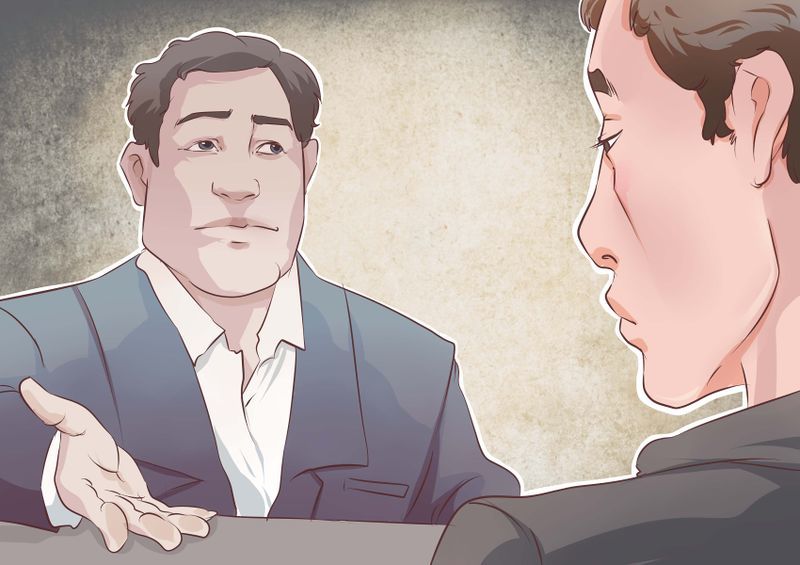The act of expressing in words, whether spoken or written the memory one has of a certain event makes that memory less accurate. You witness a road accident and are then called to testify. Your testimony will slightly distort your memory of what happened. Language by definition creates slots and every slot corresponds to a word. Memories are broken down and distributed into the corresponding slots. This process of classification allows us to manage the chaos of info related to the event and transfer, maybe much later, this info to someone. Putting a piece of info in one slot means not putting it in the slot next to it, even if very close in meaning. If I say that someone owns three cars this means that I am placing the attention on the fact that they are cars rather than a VW, FIAT and Ford or sports car, off road and family car, or electric, gas, and diesel powered. In choosing a slot you renounce using the other slots and your memory of the cars, changes. It is the price you pay to put info into words so that they can be passed on. Of course, we may decide to describe the cars more in detail but always using the slot system which is based on making a choice on what to keep and what to throw out so giving up on granularity. The advantage is that our memories can now be communicated and our worries having been put into slots (words) can more easily be managed. When we speak about a problem even to ourselves in a low voice, it means that we are using a powerful means to get a grip on the problem itself. We can now face it. Children do not have a vast vocabulary and thus have a reduced ability to solve problems through slot allocation. The school and family must teach children to express themselves properly so that they become confident in facing difficulty. The other face of the coin is that their memory of what they are saying is forever modified.


Leave a Reply